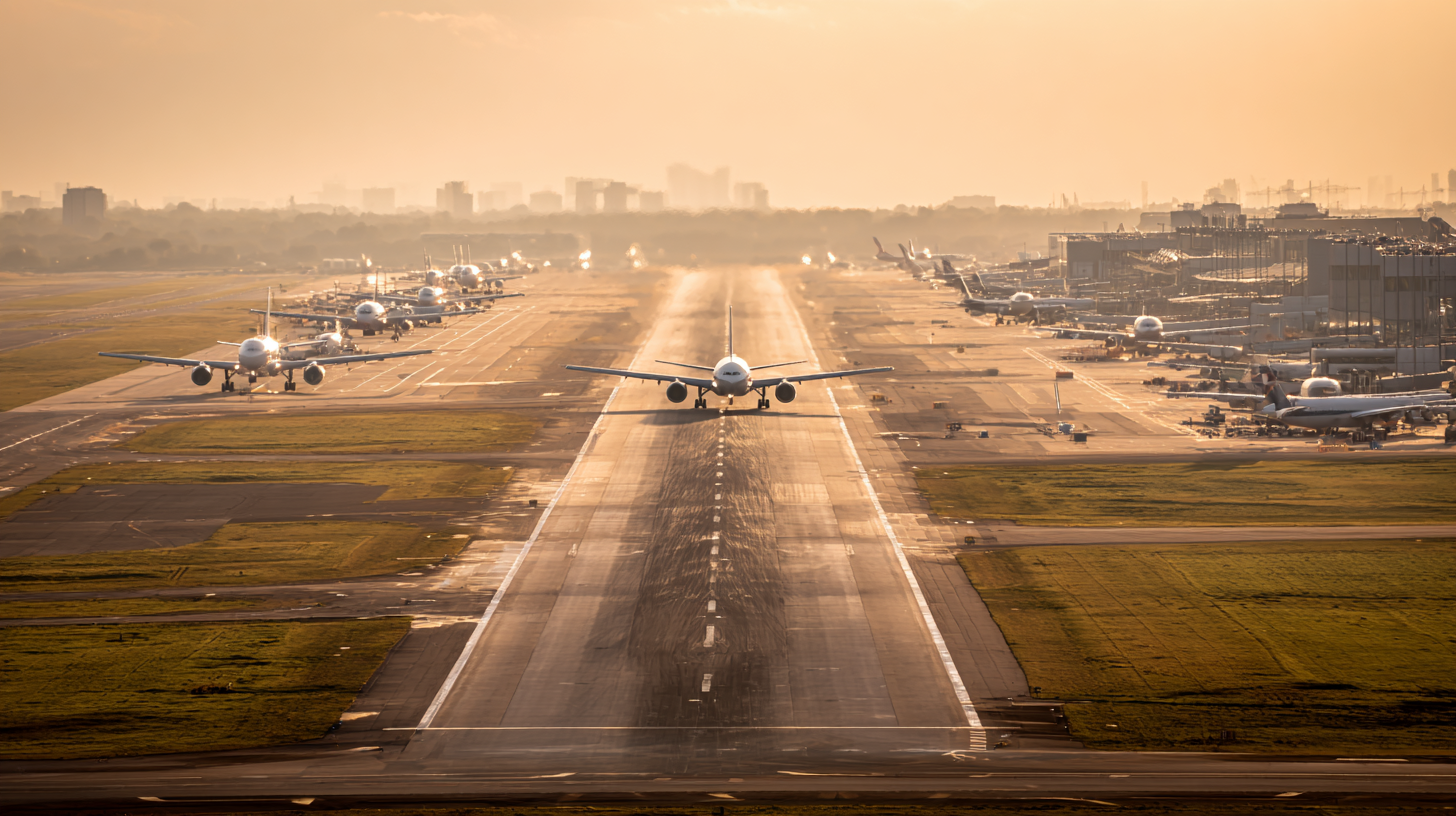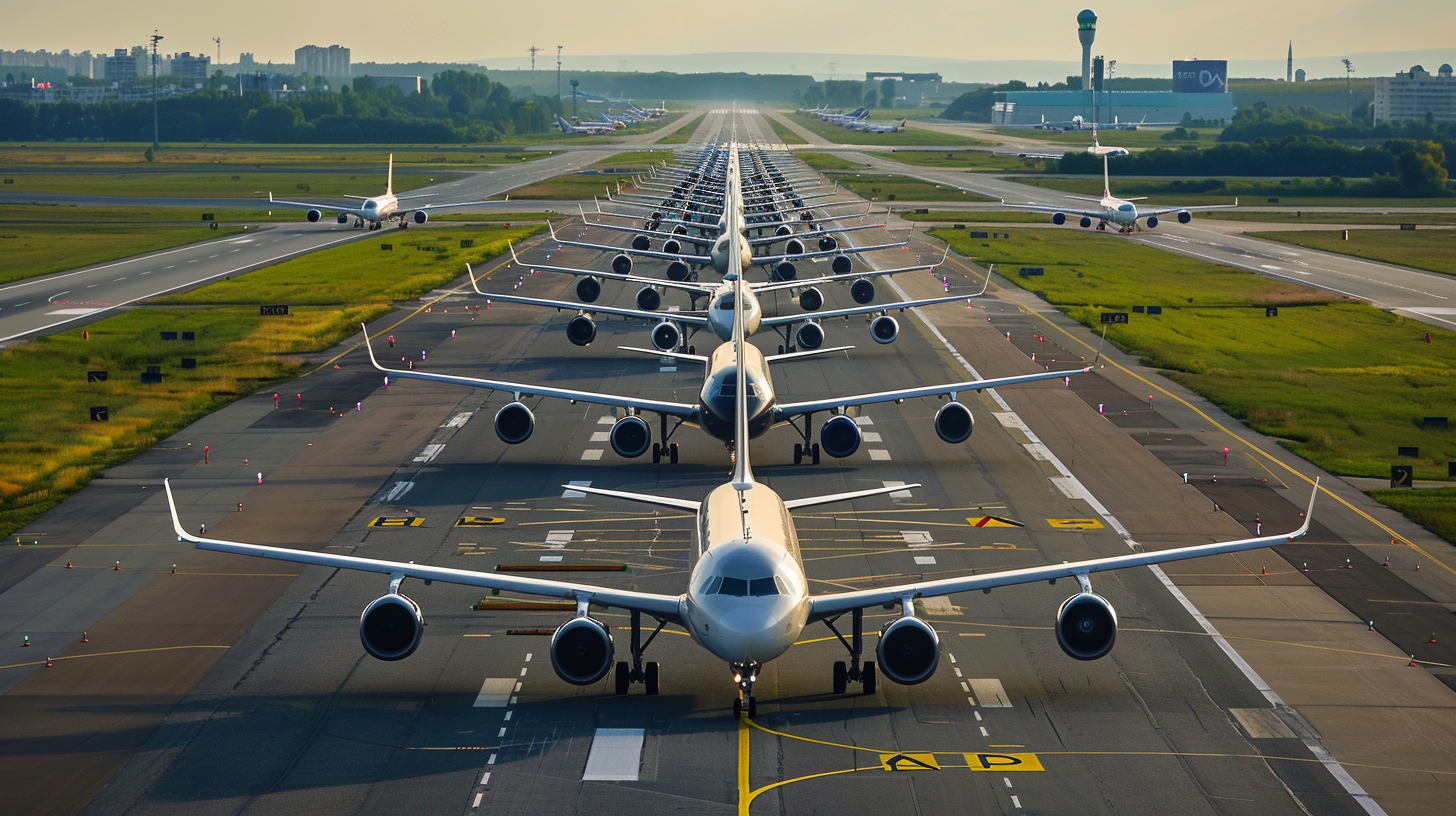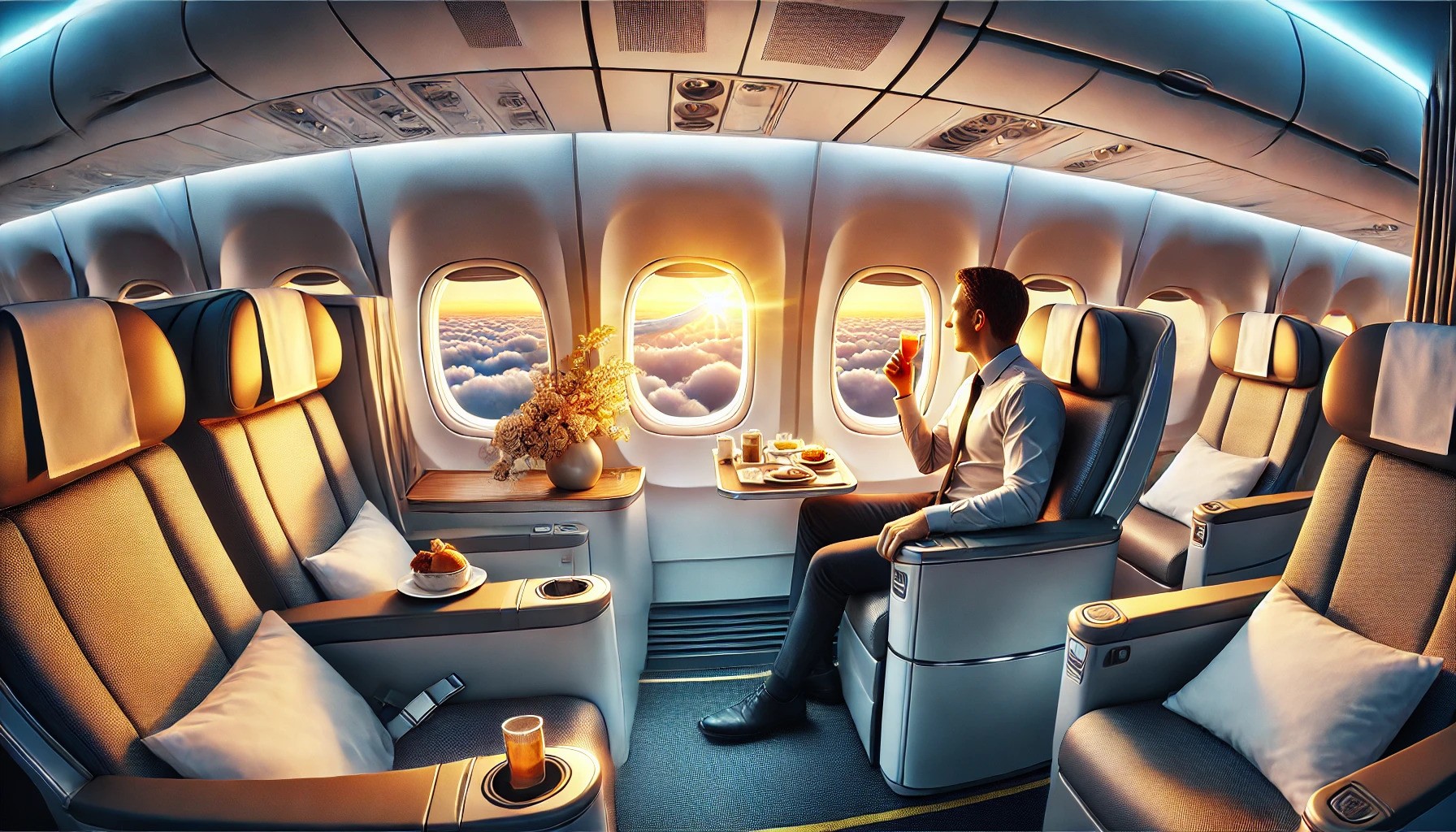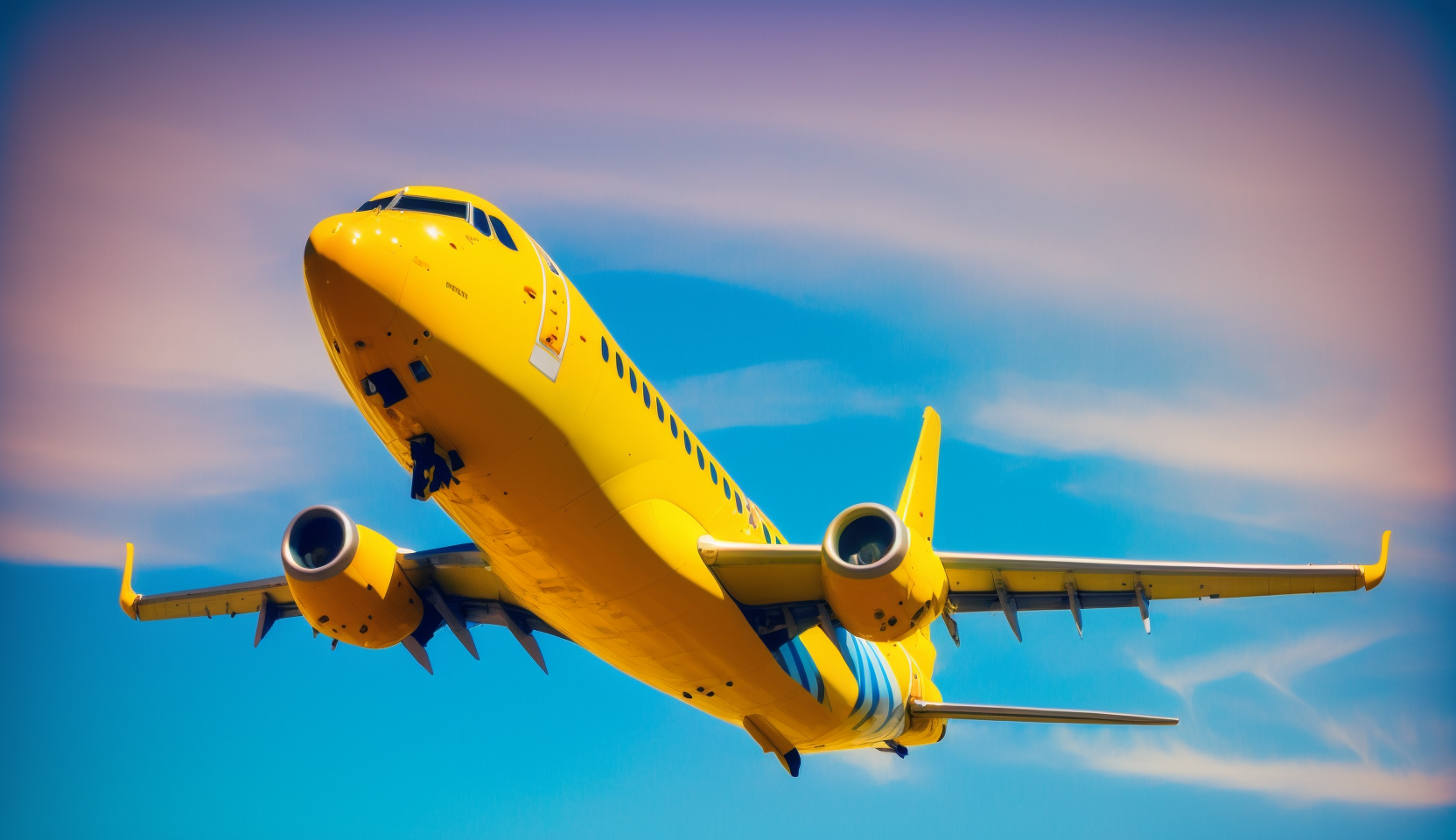Allegiant Air and Sun Country Airlines have announced a definitive merger agreement that will combine two of the most established leisure-focused carriers in the United States, creating a larger, more competitive airline designed to thrive in a demand-driven travel market. Under the terms of the deal, Allegiant will acquire Sun Country in a cash-and-stock transaction valuing Sun Country at approximately $1.5 billion, including net debt.
Sun Country shareholders will receive $4.10 in cash and 0.1557 shares of Allegiant stock for each share they own, representing a nearly 20% premium over Sun Country’s recent trading price. Upon completion, Allegiant shareholders will own roughly 67% of the combined company, with Sun Country shareholders holding the remaining 33%. The transaction is expected to close in the second half of 2026, subject to regulatory and shareholder approvals.
The merger brings together two airlines with similar operating philosophies centered on flexibility, cost discipline, and leisure demand. Together, the combined airline will serve approximately 22 million passengers annually, operate nearly 195 aircraft, and offer more than 650 routes across nearly 175 cities. The companies’ networks are highly complementary, with Allegiant focused on small and mid-sized markets and Sun Country maintaining a stronger presence in larger metropolitan areas, particularly Minneapolis–St. Paul.
A major strategic benefit of the deal is expanded access to international leisure destinations. Sun Country’s existing routes to Mexico, Central America, Canada, and the Caribbean will significantly broaden Allegiant’s reach beyond domestic markets, allowing travelers from underserved U.S. cities to reach international vacation destinations more easily and affordably.
Financially, the companies expect meaningful upside. Allegiant projects the merger will generate approximately $140 million in annual synergies by the third year following closing, driven by network optimization, fleet efficiencies, and scale benefits. The transaction is expected to be accretive to earnings per share in the first year after closing, while maintaining a conservative balance sheet with net adjusted debt below three times EBITDAR.
Diversification is another key advantage of the combination. In addition to scheduled passenger service, Sun Country operates long-term charter and cargo businesses, including a multi-year agreement with Amazon Prime Air. When combined with Allegiant’s existing charter operations, the merged airline will benefit from more stable, year-round revenue streams that help offset the seasonality of leisure travel.
Customers are also expected to see improvements through a larger and more valuable loyalty program. The combined frequent flyer base will exceed 23 million members, offering expanded earning opportunities, enhanced rewards, and greater flexibility across a broader route network.
Leadership of the combined company will remain with Allegiant, which will continue as the publicly traded parent. Allegiant CEO Gregory C. Anderson will lead the merged airline, while Sun Country CEO Jude Bricker will join the board and serve as an advisor during the integration process. Allegiant will remain headquartered in Las Vegas, with a continued significant presence in Minneapolis–St. Paul.
Overall, the Allegiant–Sun Country merger represents a strategic bet on leisure travel demand, operational flexibility, and diversified revenue, positioning the combined airline to compete more effectively while delivering long-term value to shareholders, employees, and travelers alike.



